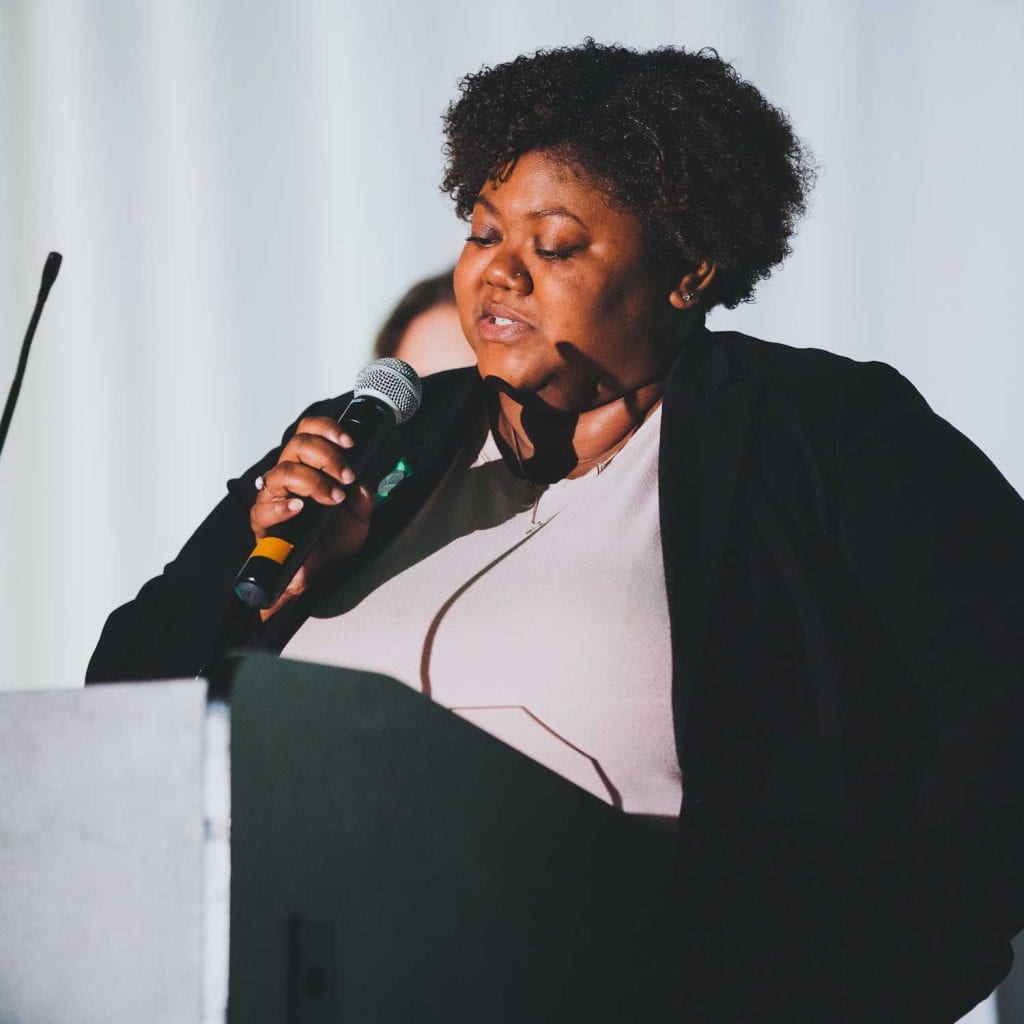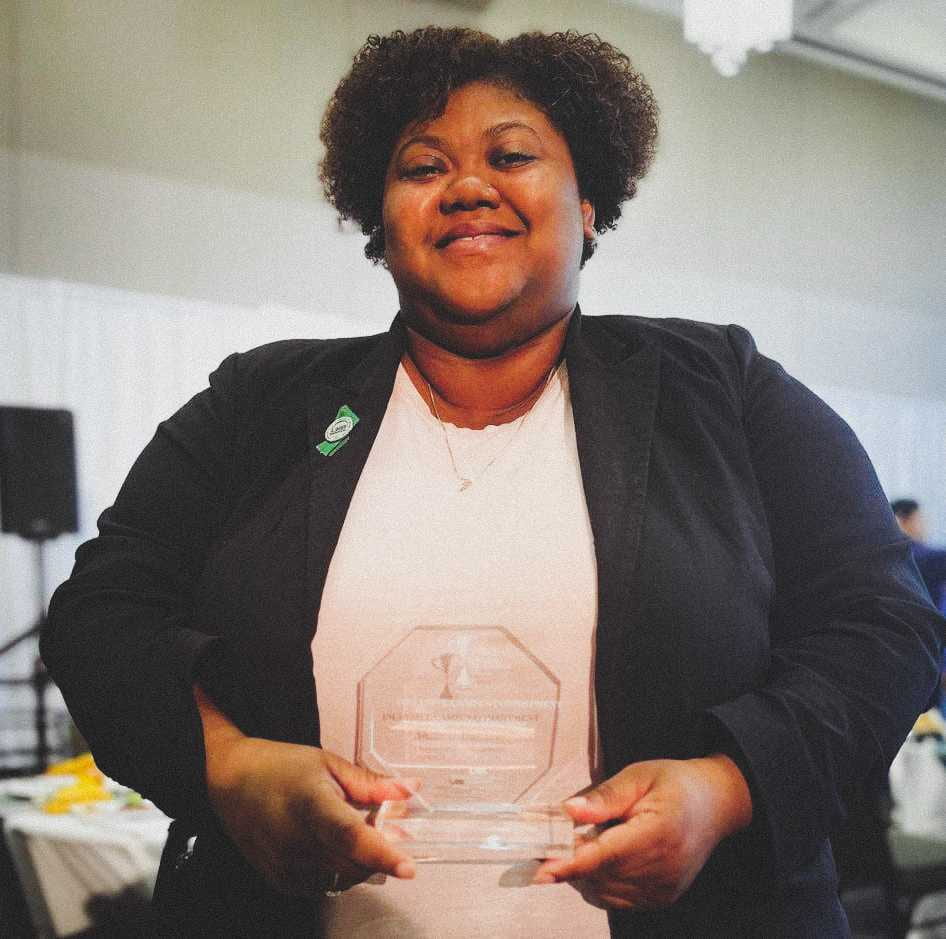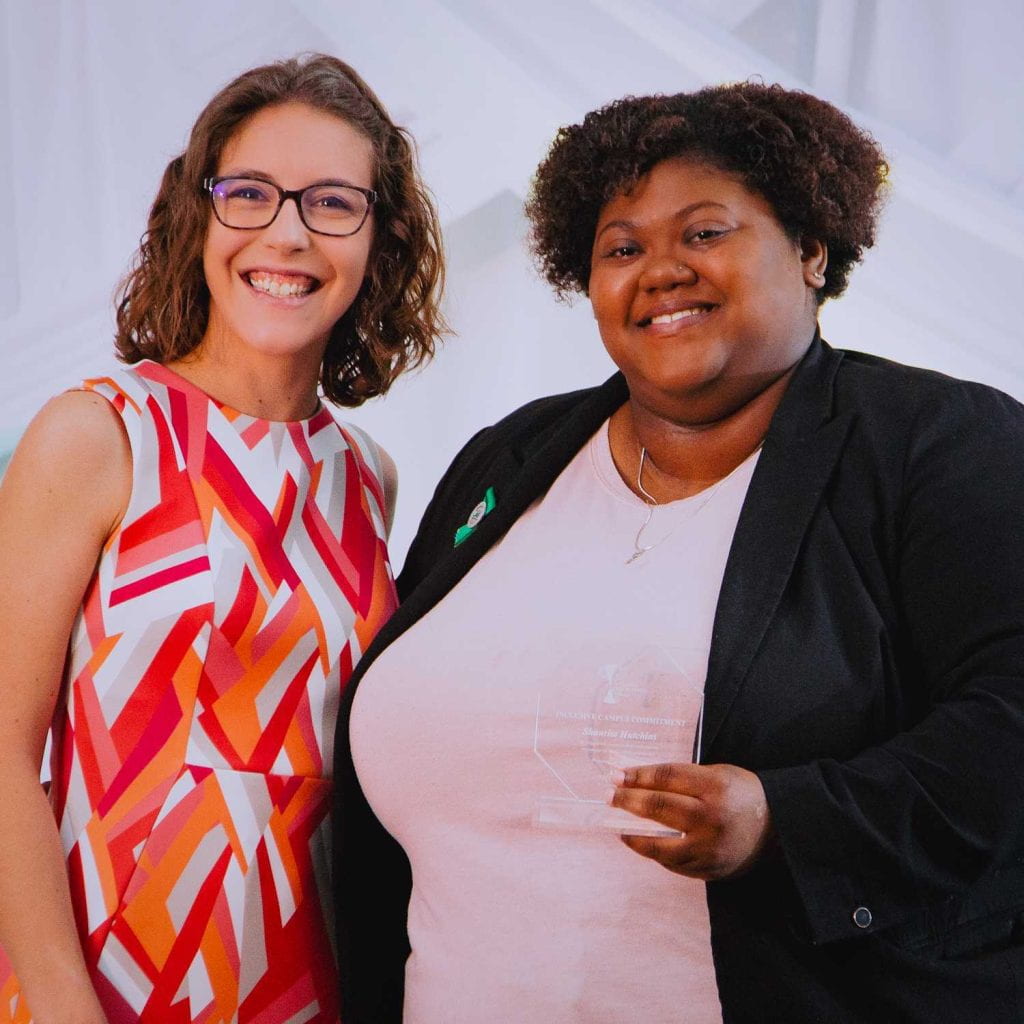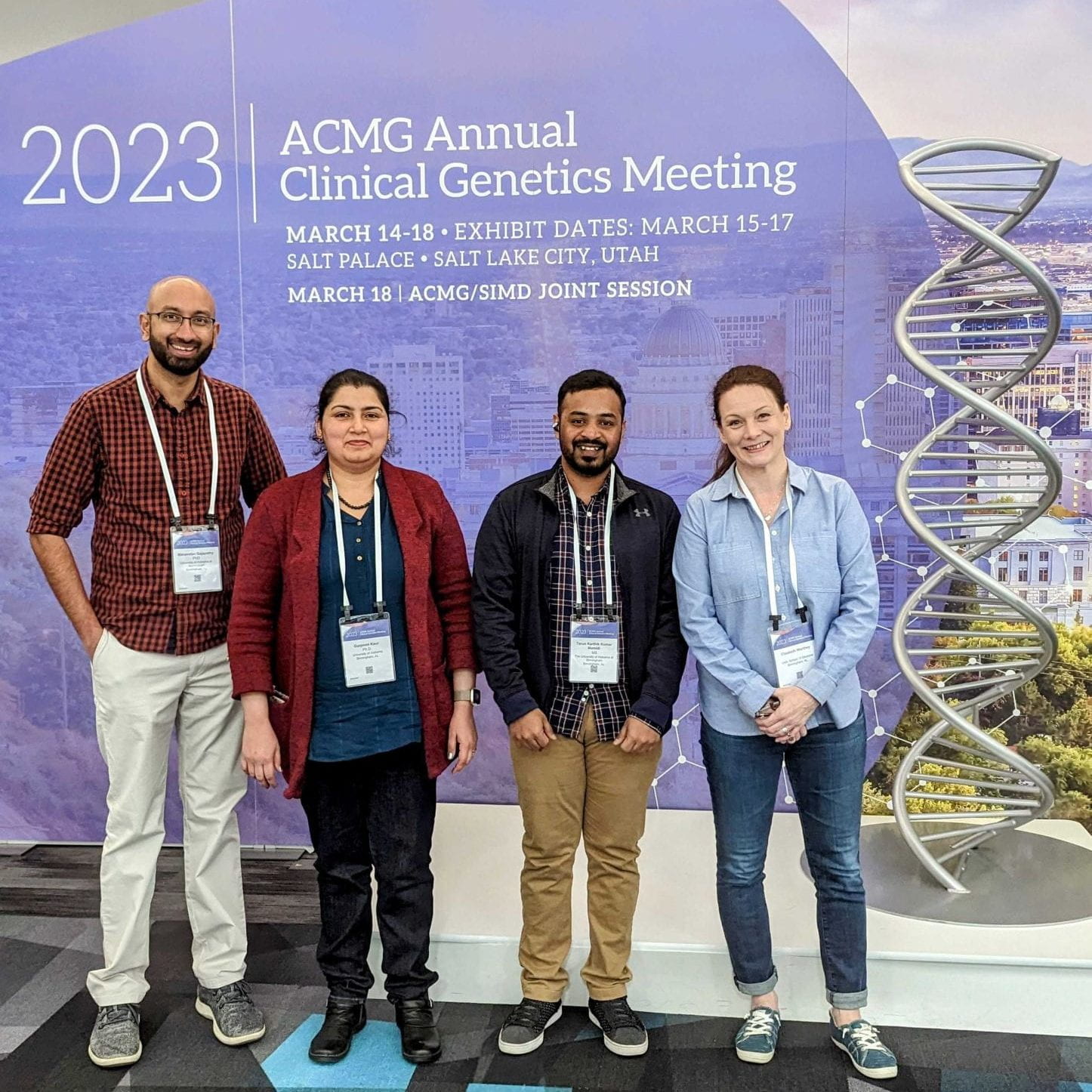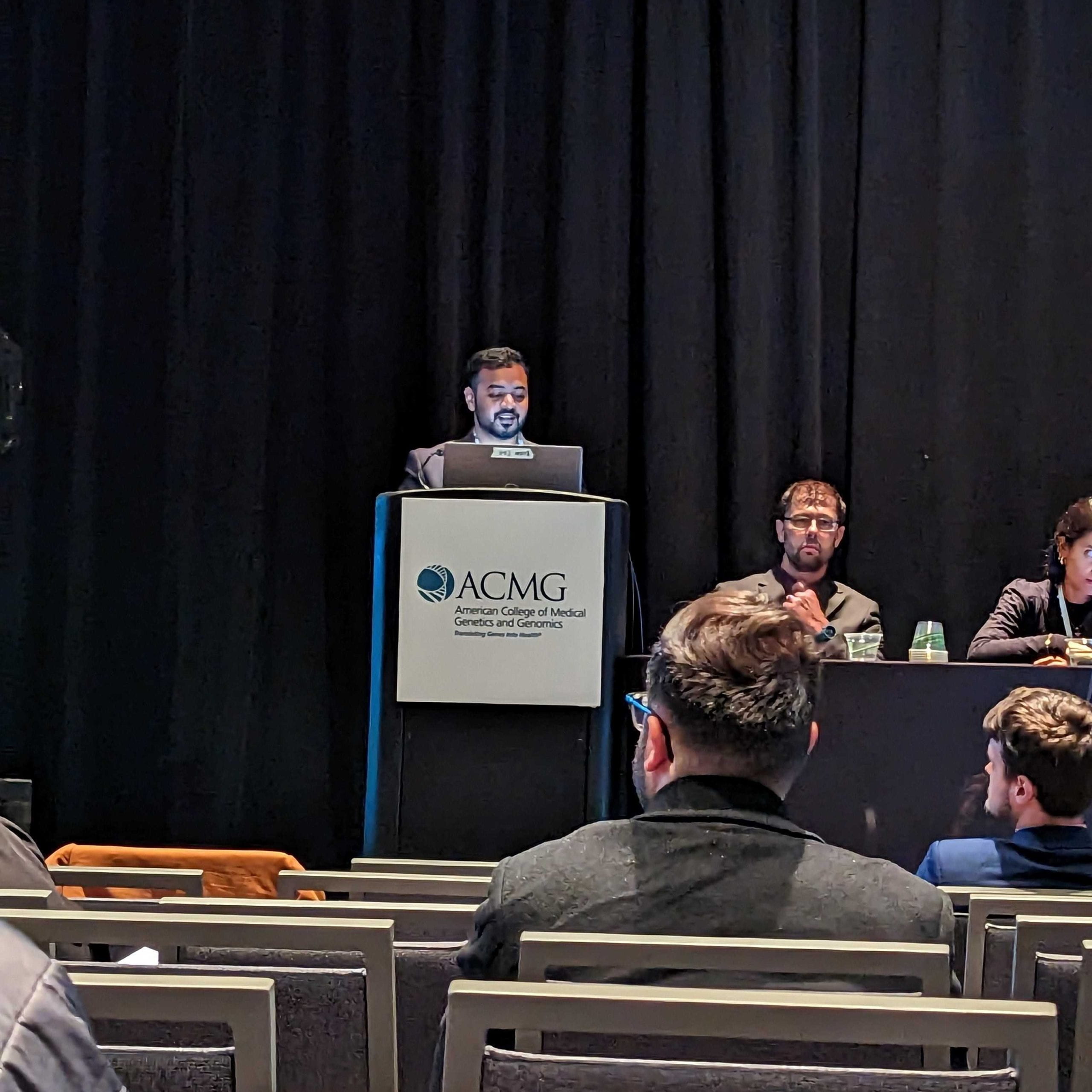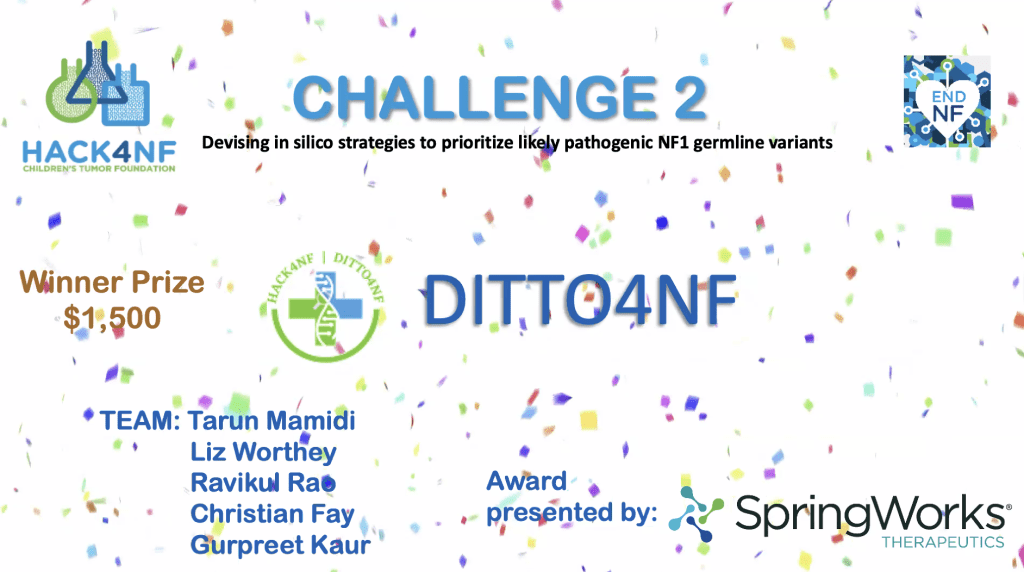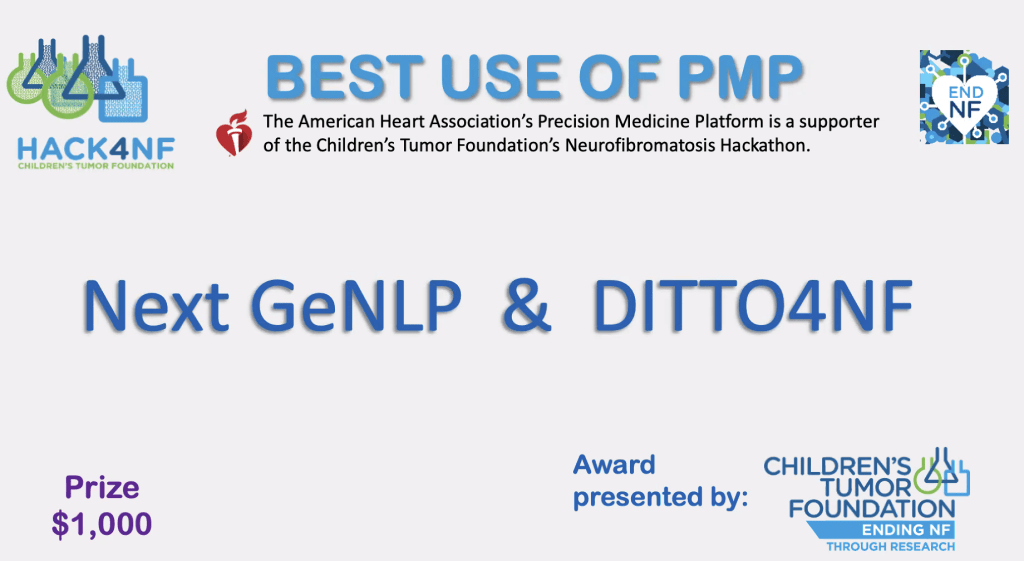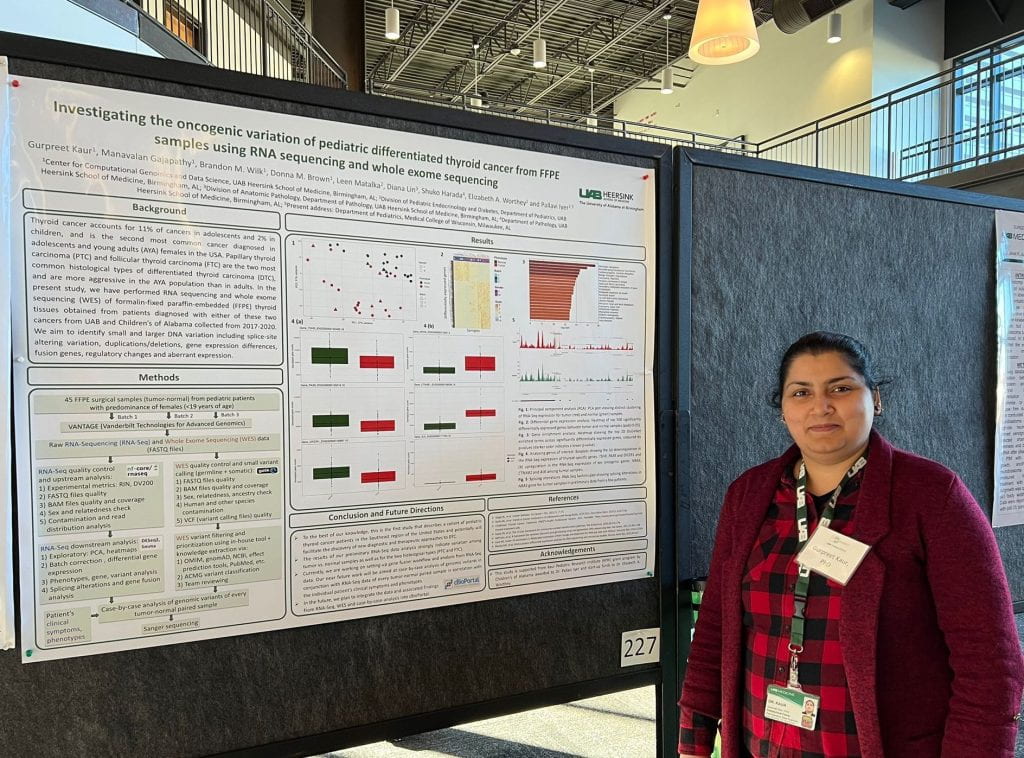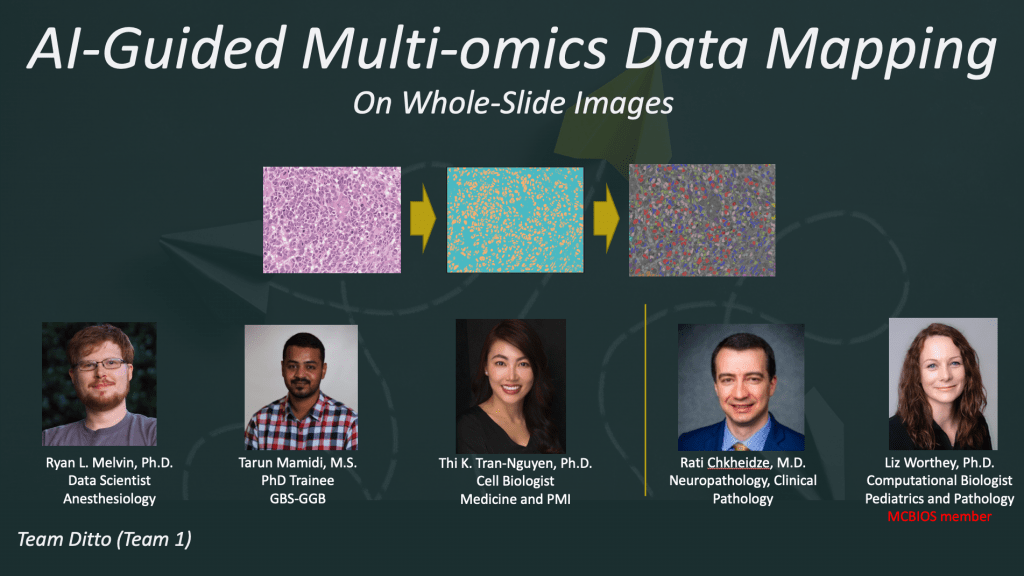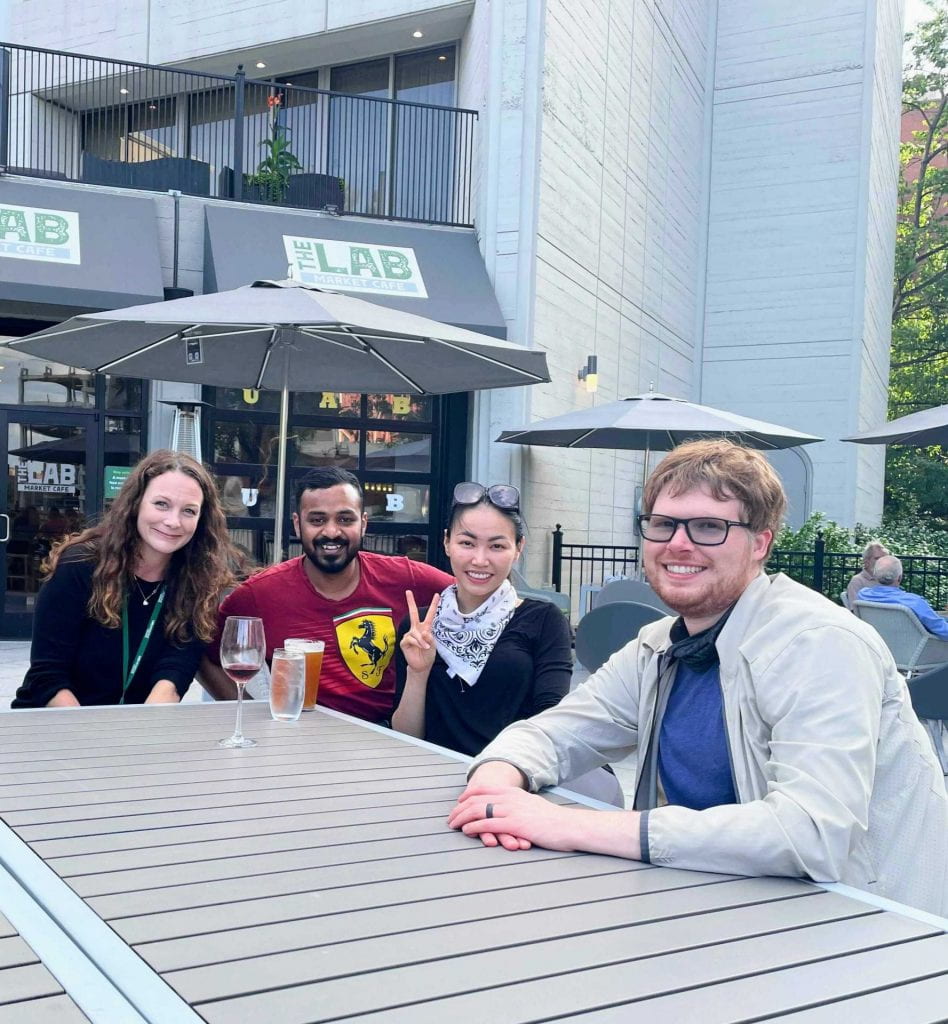My Gene Counsel, a digital health company that provides innovative genetic counseling solutions, today announced it is partnering with the Foundation for Prader-Willi Research (FPWR) on the first Prader-Willi syndrome (PWS) Genome Project. Through this partnership, My Gene Counsel will support FPWR in the responsible return of select genetic test results to research participants with PWS who undergo whole genome sequencing.
The study, which began enrolling participants in May 2021, will use whole genome and RNA sequence analysis to identify how variations in patients’ DNA influence the range and severity of PWS symptoms and response to treatments.
“We are excited to take the first steps towards harnessing the knowledge of the genome to better understand and optimize individual outcomes for those with Prader-Willi syndrome,” said Theresa Strong, Director of Research Programs at the Foundation for Prader-Willi Research.
Analysis of the DNA sequences will be performed at the University of Alabama at Birmingham (UAB). Liz Worthey, who leads the Center for Computational Genomics and Data Science at the UAB School of Medicine stated, “PWS patients are burdened with a highly complex array of symptoms. By using both whole genome sequencing and RNAseq, we’ll be working to discover and understand the molecular mechanisms that underlie those symptoms, and potentially lead to new therapies. Aiding patient cohorts and individual patients with rare, undiagnosed, or misdiagnosed disease is the primary focus of our expert team. We’re honored that FPWR chose our team for this study.”
As part of the initiative, FPWR will return pathogenic variants in genes on the American College of Medical Genetics and Genomics Secondary Findings list (ACMG SF v3.0) to participants and has enlisted health technology company My Gene Counsel to help return these results in a safe and responsible way.
To that end, My Gene Counsel will ensure that patients who undergo whole genome testing as part of the PWS Genome Project have access to comprehensive genetic counseling information designed to enhance participant understanding. Each participant who chooses to have their results returned will receive an electronic Living Lab Report® from My Gene Counsel that is personalized to the individual’s genetic test results and covers topics related to disease risk, medical management options, relevance to family, emotional support, and available resources.
“Offering rare disease communities, like PWS, genetic testing will push research forward,” said Ellen Matloff, President and CEO of My Gene Counsel. “We are proud to enter the rare disease space by partnering with the Foundation for Prader-Willi Research to return genetic test results that are paired with updating genetic counseling information.”
The Living Lab Reports are written and continuously updated by a network of top certified genetic counselors and medical experts and are vetted by patient advocates. In addition to delivering complex genomic information in a patient-friendly format, the reports will update and notify participants automatically by text and/or email as new risk information, management guidelines, and variant reclassifications become available. Living Lab Reports can also be used to update participants on study progress and findings over time. The PWS Genome Project is currently enrolling participants, ages 10 to 65 and residing in the U.S., with a genetically confirmed diagnosis of Prader-Willi syndrome. Additional requirements can be found here. Those interested in joining the study should contact Caroline Vrana-Diaz, Research Project Coordinator for the Foundation for Prader-Willi Research, at caroline@fpwr.org.
About My Gene Counsel
My Gene Counsel was created to address the need for an automated, scalable solution to meet the growing demand for accurate and timely genetic counseling information. With its industry-leading database of proprietary genetics content organized by gene and variant, My Gene Counsel’s HIPAA-compliant SaaS solution delivers continuously updating genetic counseling information to patients and providers via Living Lab Reports® in many areas of genomics, including hereditary and somatic cancer testing, hereditary cardiovascular disease, noninvasive prenatal testing, and more. Founded by certified genetic counselors with 30+ years of clinical experience, My Gene Counsel helps partners save resources, retain patients, and efficiently deliver on the promise of precision medicine. For more information, visit https://www.mygenecounsel.com.
About Foundation for Prader-Willi Research
Prader-Willi syndrome is a genetic disorder that typically causes low muscle tone, short stature, incomplete sexual development, cognitive disabilities, behavior problems, and a chronic hunger that can lead to excessive eating and life-threatening obesity. The Foundation for Prader-Willi Research is a non-profit organization dedicated to eliminating the challenges of Prader-Willi syndrome through the advancement of research and therapeutic development. It was founded and is maintained by parents and other relatives of persons with the syndrome. For more information, visit https://www.fpwr.org.

